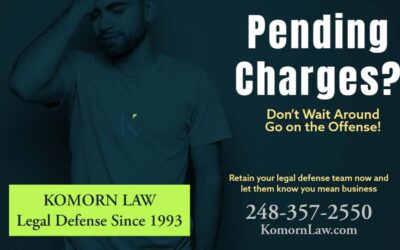John Sinclair, the poet whose imprisonment for marijuana inspired the start of Ann Arbor’s long-running annual Hash Bash in the 1970s, has died. He was 82.Sinclair's passing occurred on Tuesday, April 2, 2024, at a Detroit hospital, merely four days prior to his...

People who are going to need a Lawyer – November 12, 2024
People who are going to need a Lawyer
Watch Some Body Cam Footage Down Below

KOMORN LAW (248) 357-2550
Other Articles
John Sinclair, the inspiration for Ann Arbor’s Hash Bash, dead at 82
Disciplining Student’s Speech Violates First Amendment
You go girl!!!A public high school was found to have violated the First Amendment when it suspended a student from her cheerleading team for using profane speech off campus. Mahanoy Area Sch Dist v BL, No 20-255, ___ US ___ (June 23, 2021). The U.S. Supreme Court has...
Marijuana reform advocates demand apology from Kamala Harris
So SorryMarijuana reform advocates demand an apology from Kamala Harris for locking up pot smokers and slam her 'political hypocrisy' for now saying no one should 'go to jail for smoking weed!'Marijuana reform advocates are urging Vice President Kamala Harris to issue...
Federal Agency Smack Down on a Michigan Credit Union’s Cannabis Banking
Apple to ApplesAn independent federal agency has recently cited a Michigan credit union for non-compliance with regulations regarding banking services for the marijuana industry. Consequently, the financial institution has been directed to halt the opening of new...



















